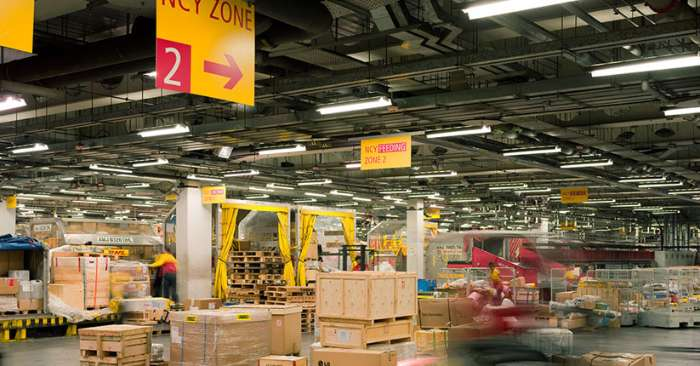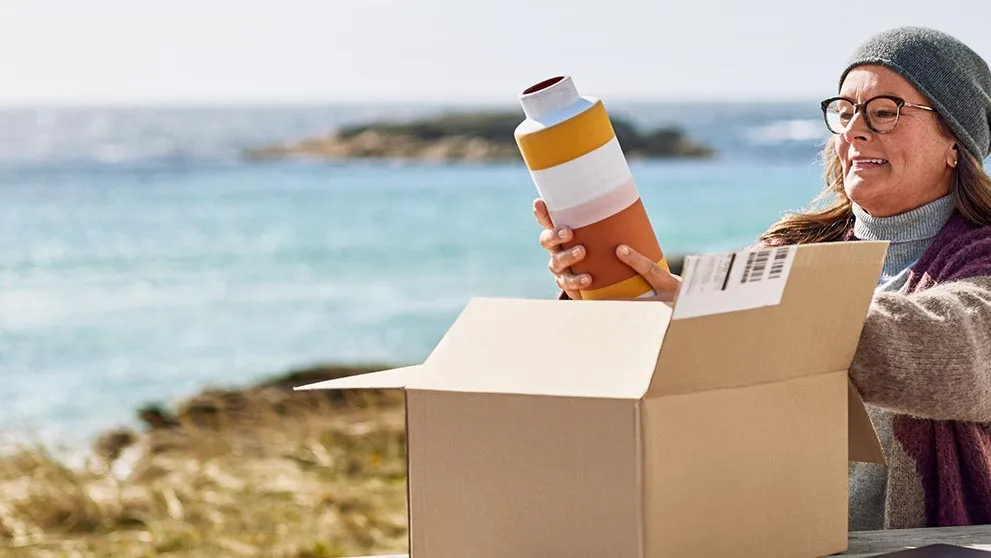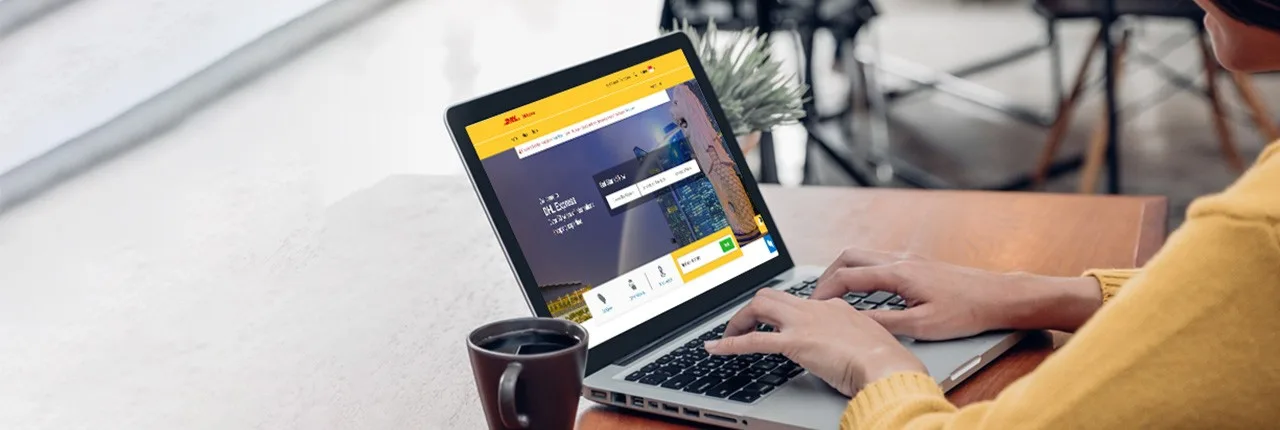
What are customs duties and import taxes? Customs duties refer to taxes levied on goods transported across international borders, while import taxes are fees applied to imported goods based on their value and other attributes. If you run an import-export company in the Philippines, you probably already know all about the various duties and customs taxes. Customs duties and taxes influence the total cost of shipping. One notable exception is imports from ASEAN trading partners, which exempt 99% of goods under the ASEAN Trade and Goods Agreement (ATIGA) from tariffs.
Additionally, there are important documents required for the import of goods. Missing out on the necessary documentation may otherwise cause a delay in the customs procedure in the Philippines. This article will discuss which documents you need to import into the Philippines, the products that you are prohibited or restricted from importing, and how to calculate the tax required.
Documents required for importing goods
In the Philippines, goods are typically classified into three import categories: freely importable, regulated, and prohibited. Some extra licenses and certificates may be required for importing regulated and restricted items. However, as a general rule of thumb, you would need the following documents to import products into the Philippines.
- An Endorsed Bill of Lading or Airway Bill: The former is a legal document issued by a carrier to the shipper, and allows for a clear audit trail when shipping goods. The latter is a trackable document accompanying goods shipped by international air couriers.
- A Sales or Commercial Invoice: A document declaring the value of goods being shipped, which facilitates customs clearance.
- A Packing List: An itemized document that lists the contents of a shipment.
- Supplemental Declaration on Valuation (SDV): A notarized form prescribed by the Bureau of Customs (BOC), with information relating to import transactions guaranteed under oath.
Depending on the types of goods being imported, additional documents may be required, including the following:
- Import license for the Philippines or permit
- Certificate of origin only for those products for which you want to avail preferential tariffs under free trade agreements.
- Other documents and certificates that prove exemption from taxes and customs fees in the Philippines
- Authority to Release Imported Goods (ATRIG): A document issued by the Bureau of Internal Revenue (BIR) to the Bureau of Customs (BOC), authorizing the release of imported goods from customs upon payment of taxes or providing proof of exemption.
- Tax Credit Certificate (TCC): A certification issued by the Commissioner of Internal Revenue (CIR) to a taxpayer who is legally entitled to a tax credit.
- Tax Debit Memo (TDM): A form issued by the Bureau of Internal Revenue (BIR) to a taxpayer, which states their tax liability charged to their Tax Credit Certificate (TCC).
- If a ruling was used in a goods declaration, a copy of the verdict is required.
What are customs duties and do you need to apply for import licenses? In the case of freely importable goods, you will not need to register for a license. Depending on the types of goods, you will need to obtain an Import Clearance Certificate (ICC) from the Bureau of Internal Revenue. Once you have the necessary certificate, you can then register with the Bureau of Customs (BOC). As part of the registration process, you will also need to create an account with the Client Profile Registration System (CPRS). The ICC will remain effective for three years, after which it must be renewed at the end of its validity period.
The requirements for exporters, on the other hand, differ. If you are looking to export for your business, you will need to register with the CPRS via the Philippine Exporters Confederation.
Restricted and prohibited goods in the Philippines
Bear in mind that some commodities and products that are classified as regulated or restricted goods under Philippine law. Some examples of restricted goods include wooden materials, controlled drugs and chainsaws.
What is the difference between restricted and prohibited goods?
While prohibited goods are illegal to trade, restricted goods can be imported if the appropriate clearance or licenses from government agencies are obtained. For example, private grain dealers may import rice with permission from the National Food Authority (NFA).
Restricted goods
Here are some examples of restricted goods:
- Rice and corn: Rice and corn for which discretionary licensing arrangements are in place. Although the National Food Authority (NFA) is the sole rice importer, private grain dealers with the appropriate import licenses can also import rice.
- Wood materials: Importers must submit a Phytosanitary Certificate issued by the country of origin to the Department of Agriculture’s Bureau of Plant Industry (DA-BPI).
- Essential chemicals, controlled precursors & dangerous drugs: The Philippine Drug Enforcement Agency (PDEA) and Dangerous Drugs Board (DDB) oversee the import of essential chemicals and dangerous drugs. Chemicals on the Philippine Priority Chemical List (PCL) are managed by the Department of Environment and Natural Resources – Energy Resource Development Bureau (DENR-ERDB) instead.
- Recyclable materials with hazardous substances: Some recyclable materials, such as electronic assemblies and used lead acid batteries, may contain hazardous substances. Such imports are under the purview of the Department of Environment and Natural Resources–Energy Resource Development Bureau (DENR-ERDB).
- Ozone-depleting substances: The Department of Environment and Natural Resources–Energy Resource Development Bureau (DENR-ERDB) also manages the import of ozone-depleting substances, such as Chlorofluorocarbon (CFC).
- Wildlife: All imports of wildlife are overseen by the Department of Environment and Natural Resources (DENR) and the Biodiversity Management Bureau (BMB), a governmental organization previously known as the Protected Areas and Wildlife Bureau (PAWB).
- Live animals and their products: Import permits and health certificates must be submitted to the Department of Agriculture (DA) – Bureau of Animal Industry (BAI) when importing live animals.
- Coal, anthracite: The Department of Environment and Natural Resources – Energy Resource Development Bureau (DENR-ERDB) manages import of coal and anthracite.
- Fishery and aquatic products: Importers must register with the Bureau of Fisheries and Aquatic Resources (BFAR) and obtain Sanitary and Phytosanitary (SPS) Import Clearance from the Department of Agriculture (DA).
- Plants, planting materials, and plant products: Necessary permits and phytosanitary certificates must be submitted to the Bureau of Plant Industry (BPI) under the Department of Agriculture (DA).
- Cane, beet sugar, and artificial sweeteners: The Sugar Regulatory Administration (SRA) oversees the import of both sugar and sweeteners.
- Chainsaws: A permit from the Department of Environment and Natural Resources (DENR)-Forest Management Bureau (FMB) is required for the importing of chainsaws, due to concerns about illegal logging.
- Semi-synthetic antibiotics & health products: Ampicillin, amoxicillin, and cloxacillin, as well as other health products are regulated by the Food and Drug Administration (FDA), which is overseen by the Department of Health (DOH).
- Explosives, blasting agents & detonators: The Philippine National Police (PNP), under the Firearms and Explosive Office (FEO), oversees explosives as well as chemicals and accessories used in the manufacturing of explosives.
- Fertilizers and pesticides: The Fertilizer and Pesticide Authority (FPA) under the Department of Agriculture (DA) oversees chemical products associated with agricultural use.
- Used cars, trucks, and other vehicles: The Bureau of Import Services (BIS) under the Department of Trade and Industry (DTI) manages the import of used motor vehicles, including vehicle parts and components.
- Aircraft, engines, and propellers: The Civil Aviation Authority of the Philippines (CAAP) oversees the import of aircraft components.
- Ships that are not wooden hulled: The Maritime Industry Authority (MARINA) manages import of fishing vessels and boats that are not wooden hulled.
- All products originate from the following socialist and centrally planned economy countries: Albania, Angola, Ethiopia, Laos, Libya, Mongolia, Mozambique, Myanmar, Nicaragua, and North Korea.
Prohibited goods
The following products are not allowed for importing into the Philippines. Prohibited goods in customs include:
- Written or printed goods that pose a risk to national security, inciting treason, rebellion, insurrection, and sedition against the Philippine government, or containing a threat to harm or take a person's life in the country.
- Drugs, medicines, or instruments that may be used for unlawful abortion or any written or printed material that advertises or describes information about illegal abortion.
- Written or printed material representing an obscene or immoral character.
- Goods manufactured from gold, silver, or other precious metals do not indicate the fineness of the materials used in a stamp or mark.
- Adulterated or misbranded food products
- Products that infringe intellectual property codes and laws
- Dynamite, gunpowder, ammunition, firearms, and weapons
- Roulette wheels and other instruments and accessories are used in gambling.
- Marijuana, opium, poppies, coca leaves, heroin or other narcotics or synthetic drugs
- Used clothing and rags
- Toy guns
- Laundry and other detergents containing complex surfactants
- Polychlorinated biphenyls (PCBs)
- Live piranha, shrimp, and prawns
- Right-hand drive vehicles
- Hazardous waste
Import classification and entry modes
Shippers seeking entry to the Philippines for their imported goods will need to lodge a goods declaration. Your shipment's declared value and type have a direct bearing on the rates of import duties and taxes applicable to you. For instance, low-value shipments worth PHP 10,000 and under are eligible for de minimis goods declaration, which exempts them from customs duties and taxes in the Philippines.
Comparing types of goods declaration
| Shipment type | Shipment value | Requirements |
|---|---|---|
| De minimis | PHP 10,000 and under | Exempt from taxes and duties, but may be subject to delays if declared value is inaccurate |
| Informal entry | between PHP 10,001 and PHP 49,999 | Basic documentation required |
| Formal entry | PHP 50,000 and above | Consignee must be an active, registered and accredited importer with the Bureau of Customs (BOC) and the Bureau of Internal Revenue (BIR) |
Duties, taxes and other charges
All international shipments bound for the Philippines are subject to a range of customs duties and taxes, it’s essential to know what customs duties are included in each type of tax.
- Value-added tax (VAT): The Bureau of Customs (BOC) determines tariff and customs duties, including the VAT which is the landed cost-plus excise taxes. Generally, a standard rate of 12% applies, for goods and services sold locally, as well as imported goods.
- Duty Handling Fees: This fee is charged when DHL Express pays duty fees in advance, on behalf of the customer.
- Storage Fees: A storage fee may be incurred if your package has been in storage for more than three calendar days in a DHL Express facility.
- Regulatory & Documentation Charges: Regulatory charges related to documentation are charged for each shipment.
- Broker Turnover Fees: If a consignee uses a 3rd party broker instead of DHL Express, a broker turnover fee is charged and the original paperwork is released to them for clearance purposes.
Simplify customs tax and import duties with DHL Express

DHL Express has assisted companies globally for over 50 years in imports and exports. We take the uncertainty and complexity out of calculating customs duties and taxes for international shipping. Streamline your deliveries to anywhere in the world with our customs clearance services or our MyDHL+ platform, a one-stop shipping management platform which automates the tedious process of filling up customs information. Open an account today with DHL Express and be one step closer to saying goodbye to international customs hurdles.
























